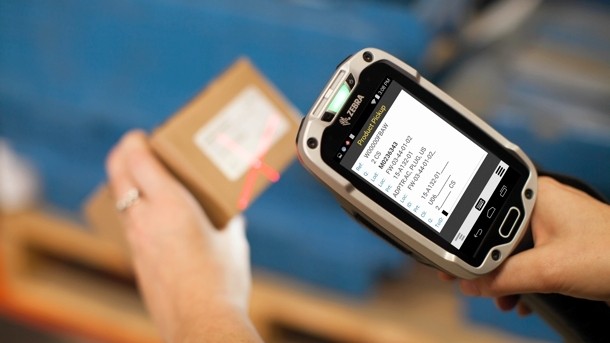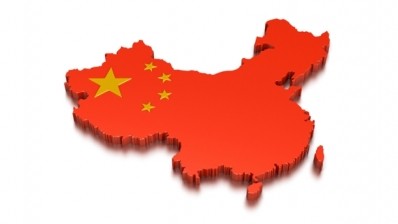Study: China could improve traceability by focusing on six principles

The current rules, they say, are not sufficient to track provenance along the entire supply chain. Indeed, the traceability systems in place face challenges from the chain’s scale, diversity and complexity.
Neither do means of supply allow data to be captured, linked and shared effectively, and are often seen as barriers by food companies because of their high costs and a lack of skilled staff to implement them, they added.
The researchers, from the universities of Portsmouth and Bedfordshire in England, and the China Agricultural University in Beijing, had been working together to devise a framework that the Chinese government and food companies could use to boost food traceability systems.
Portsmouth University’s Mark Xu, one of the co-authors, said proper provenance protocols can be used to identify, single out and remove unsafe products promptly.
“Information quality is particularly important due to the chain-based nature of traceability systems,” he said.
“Food companies are also obliged to take social responsibility by fully complying with food safety standards, food safety policies, and implementing procedures and traceability systems.
“Willingness to pay for traceable products by consumers will ultimately drive the proliferation and implementation of successful traceability systems,” Prof. Xu added.
The researchers compiled a list of 32 critical success factors that were relevant to information systems. These were then tested through a factor-analysis method using survey data collected from 83 food companies in China.
The researchers have published their results in the journal The Information Society.
Three of the six areas of their framework were related to environmental traceability, two came from organisational factors, but only one was related to information and system quality.
“This shows that the main obstacle for successful and efficient implementation of traceability in food product chains is organisational, not technical,” Prof. Xu said.
“Our findings show the complexity in measuring traceability system success. Food companies are profit driven, whereas the government is mainly concerned with food safety and stability.”











